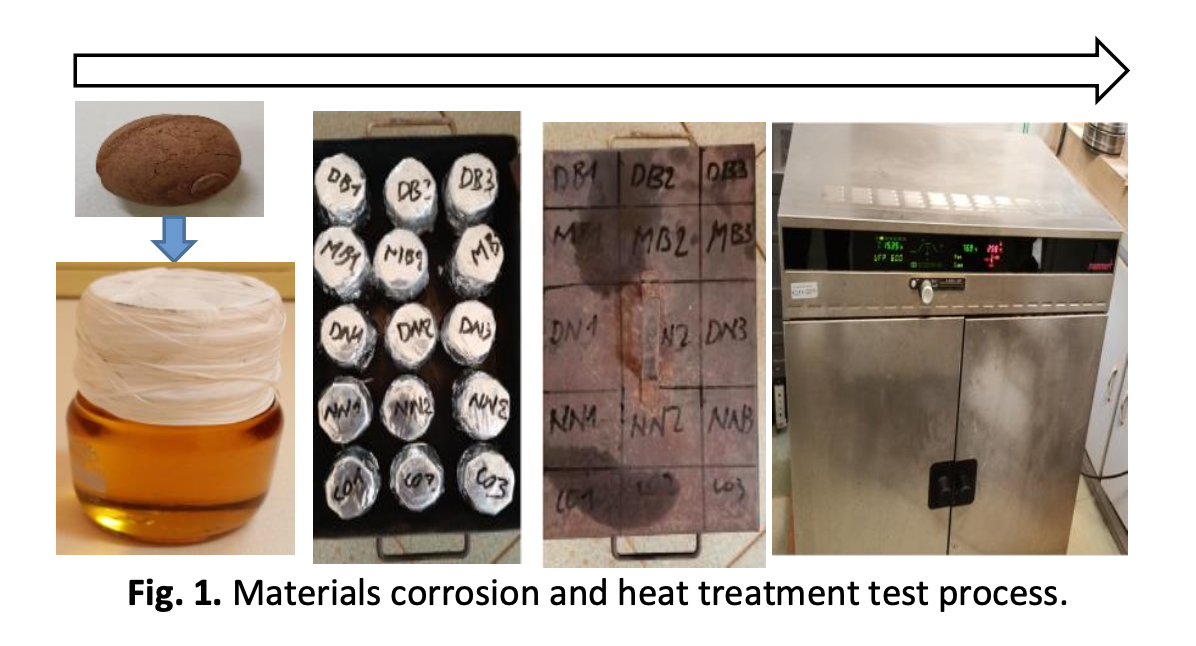Compatibility Study between Ceramic Balls and Jatropha Curcas Oil Properties under Long Time Heat Treatment: Potentiality for Thermal Energy Storage
DOI:
https://doi.org/10.37934/arfmts.109.1.91113Keywords:
Compatibility study, ceramic balls, sustainable materials, Thermal Energy Storage, concentrating solar power, Organic Rankine CycleAbstract
Valorisation of local and low-cost eco-materials have become an imperative for the sustainable development of Concentrating Solar Power (CSP) in West Africa. In this study, the compatibility tests were carried out. These involve the application of jatropha curcas oil (JCCO) and ceramic balls, which were developed from clay coal bottom ash and sands with a focus on Burkina dune sand ceramic. The aim was to assess the applicability of using JCCO as heat transfer fluid in CSPs with direct thermocline thermal energy storage. The tests involve the use of a small container to put in contact with Jatropha oil with ceramic balls for 2160 hours and at 210 °C. From the chemical properties’ analysis, the peroxide value in the oil decreases with aging time while the acidity increase. However, the acidity remains below the limited value that is 25 mg KOH.g-1. Therefore, thermal properties that drive heat transfer and rheological properties (density, thermal conductivity, kinematic viscosity and so on) were not adjusted significantly at the storage temperature (of about 210°C). Thermal stability temperature decreased to 261.93°C for the oil aged alone as against 263.41 °C for the one that was put in contact with filler material. In the nutshell, there is no incompatibility between JCCO, and the new thermal energy storage material (TESM) developed. These couple of materials could be suitable for thermocline energy storage in CSP plant and for other applications like there use in solar cooker box.
Downloads

































